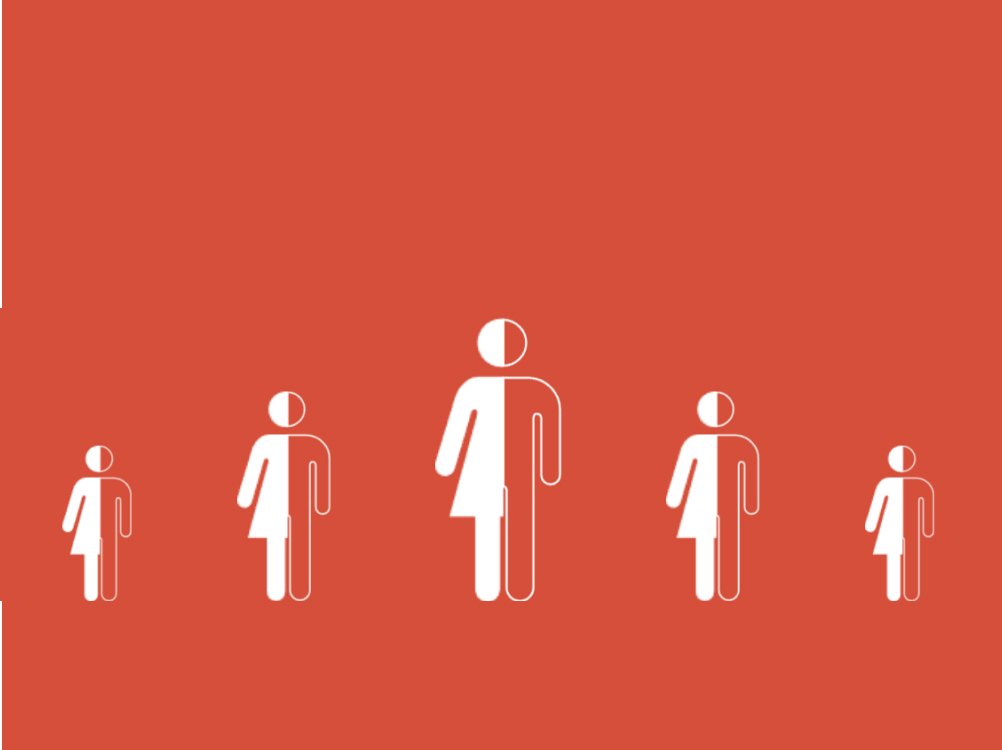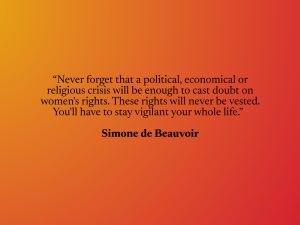Challenges and achievements in the implementation of the MDGs for women and girls
Convinced that sustainable development can only be achieved through global partnership,
we draw attention to an issue that presents great challenges to women and girls, though it has not been chosen for a specific development goal:
ENERGY
and the related issues, including generation, sources, excavation, hazardous waste, loss of arable land, changes in microclimate and water-tables, distribution networks, as well as access and costs.
The daily life of women and girls is improved when they have access to affordable and sustainable forms of energy:
Energy enables women
- to take part in democratic processes in their country and region
- to communicate with other people, work from home, study at home and have access to the world of media
- to look after their families in a better and more hygienic way, thus underpinning health care
- to feel safer in a well-lit environment and thus take part in community life,
- to use appliances to make housework more efficient and enable them to start income-generating activities in their homes
- to receive warnings and information in case of natural disaster via electronic media, e.g. mobile phones or radio
A great challenge for all people, but in some cases in particular for women, is the generation of energy, concerning sites and waste, respectively dams and water-tables.
It is paramount for sustainable development to include women and girls in a participatory process regarding decision-making, planning, construction and monitoring of energy-generating plants and installations, electricity grids, as well as pipelines, and to inform the public about the interdependence of use of energy and Climate Change and Desertification.
Renewable energy generated from energy plants should not lead to mono-cultures and loss of agricultural land for the needs of people; land for energy production and/or generation must never be acquired illegally, e.g. through land grabbing.
Gender equality and increased participation of women and girls present opportunities to underpin in a democratic way the development of sustainable forms of energy, as well as their generation and distribution at fair prices.






